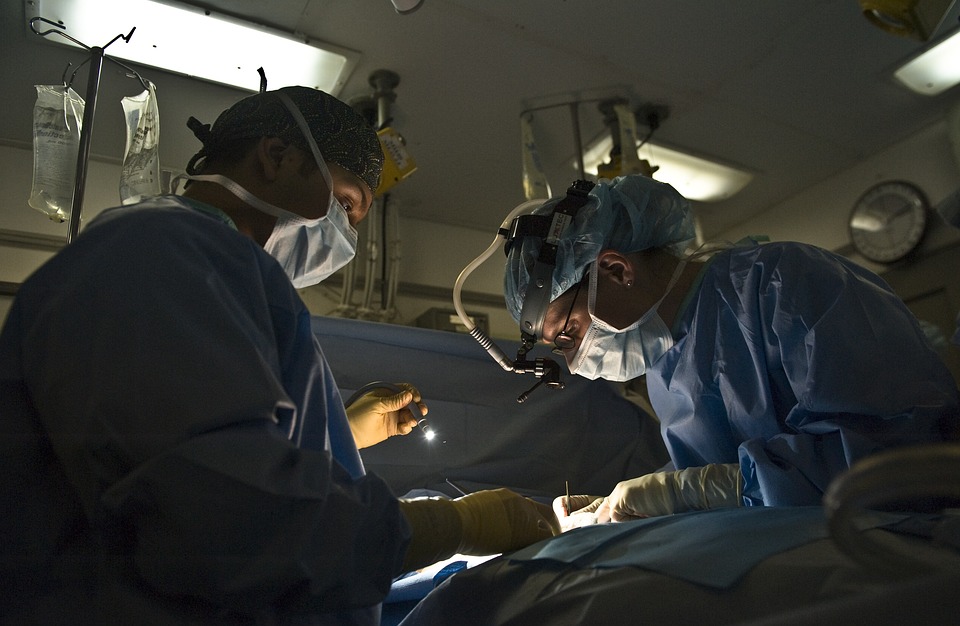
Recovery Tips and Post-Operative Care for Plastic Surgery Patients
Plastic surgery is a common procedure that many people undergo to improve their appearance. Whether it’s a rhinoplasty, breast augmentation, or liposuction, recovery after plastic surgery is crucial for successful results. Here are some tips and post-operative care guidelines for plastic surgery patients to ensure a smooth and comfortable recovery.
Follow Your Surgeon’s Instructions
One of the most important things you can do to ensure a successful recovery after plastic surgery is to follow your surgeon’s post-operative instructions. Your surgeon will give you specific guidelines on how to care for your incisions, any medications you need to take, and when you can resume normal activities.
It’s crucial to follow these instructions carefully to minimize the risk of infection, promote healing, and achieve the best possible results. If you have any questions or concerns about your recovery, don’t hesitate to contact your surgeon.
Rest and Relaxation
Rest is crucial for a successful recovery after plastic surgery. Your body needs time to heal, so make sure to get plenty of rest in the days following your procedure. Avoid strenuous activities, lifting heavy objects, or anything that could strain your body.
It’s also important to give yourself time to relax and recuperate. Consider taking some time off work or other commitments to focus on your recovery. Your body will thank you for the extra rest and relaxation.
Stay Hydrated and Eat a Healthy Diet
Proper nutrition is key to a speedy recovery after plastic surgery. Make sure to drink plenty of water to stay hydrated and help your body flush out toxins. Eating a healthy diet rich in fruits, vegetables, lean protein, and whole grains will also help promote healing and boost your immune system.
Avoid foods that are high in sodium, sugar, and processed ingredients, as they can slow down your recovery and increase swelling. If you have trouble preparing meals, consider meal prepping or asking a friend or family member for help.
Take Your Medications as Directed
Your surgeon may prescribe pain medications, antibiotics, or other medications to help with your recovery. Make sure to take these medications as directed, even if you feel like you don’t need them.
Pain medications can help manage discomfort and make your recovery more comfortable. Antibiotics can prevent infection and promote healing. If you have any concerns about your medications or experience any side effects, contact your surgeon immediately.
Manage Pain and Swelling
It’s normal to experience pain, swelling, and bruising after plastic surgery. To manage these symptoms, apply ice packs to the affected area for 15-20 minutes at a time. You can also take over-the-counter pain relievers like ibuprofen or acetaminophen as directed by your surgeon.
If your pain or swelling is severe or doesn’t improve with home remedies, contact your surgeon for further guidance. They may recommend additional treatments or adjustments to your recovery plan.
Attend Follow-Up Appointments
After plastic surgery, it’s essential to attend all follow-up appointments with your surgeon. These appointments allow your surgeon to monitor your progress, check your incisions, and address any concerns you may have.
During your follow-up appointments, be sure to ask any questions you have about your recovery or results. Your surgeon is there to help you through the recovery process and ensure you achieve the best possible outcome from your plastic surgery.
Avoid Smoking and Alcohol
Smoking and alcohol can impair your body’s ability to heal and increase the risk of complications after plastic surgery. If you smoke, try to quit or at least avoid smoking for several weeks before and after your procedure.
Alcohol can also thin your blood and interfere with medications, so it’s best to avoid it during your recovery. Stick to water, herbal teas, and other non-alcoholic beverages to stay hydrated and promote healing.
Protect Your Incisions
Proper wound care is essential for a successful recovery after plastic surgery. Make sure to keep your incisions clean and dry, and follow your surgeon’s instructions for changing bandages or applying ointments.
Avoid touching or scratching your incisions, as this can increase the risk of infection. Keep the area covered with loose clothing or compression garments as recommended by your surgeon to protect your incisions and promote healing.
Be Patient and Give Yourself Time to Heal
Recovery after plastic surgery takes time, so be patient with your body as it heals. It’s normal to experience ups and downs during the recovery process, including days when you feel great and days when you feel more tired or sore.
Give yourself time to heal and don’t rush the process. Remember that the results of your plastic surgery may not be fully visible until several weeks or even months after your procedure. Trust the process and be kind to yourself as you recover.
In conclusion, following these recovery tips and post-operative care guidelines can help ensure a smooth and comfortable recovery after plastic surgery. By taking care of yourself, following your surgeon’s instructions, and giving yourself time to heal, you can achieve the best possible results from your procedure. Remember to reach out to your surgeon with any questions or concerns during your recovery process.